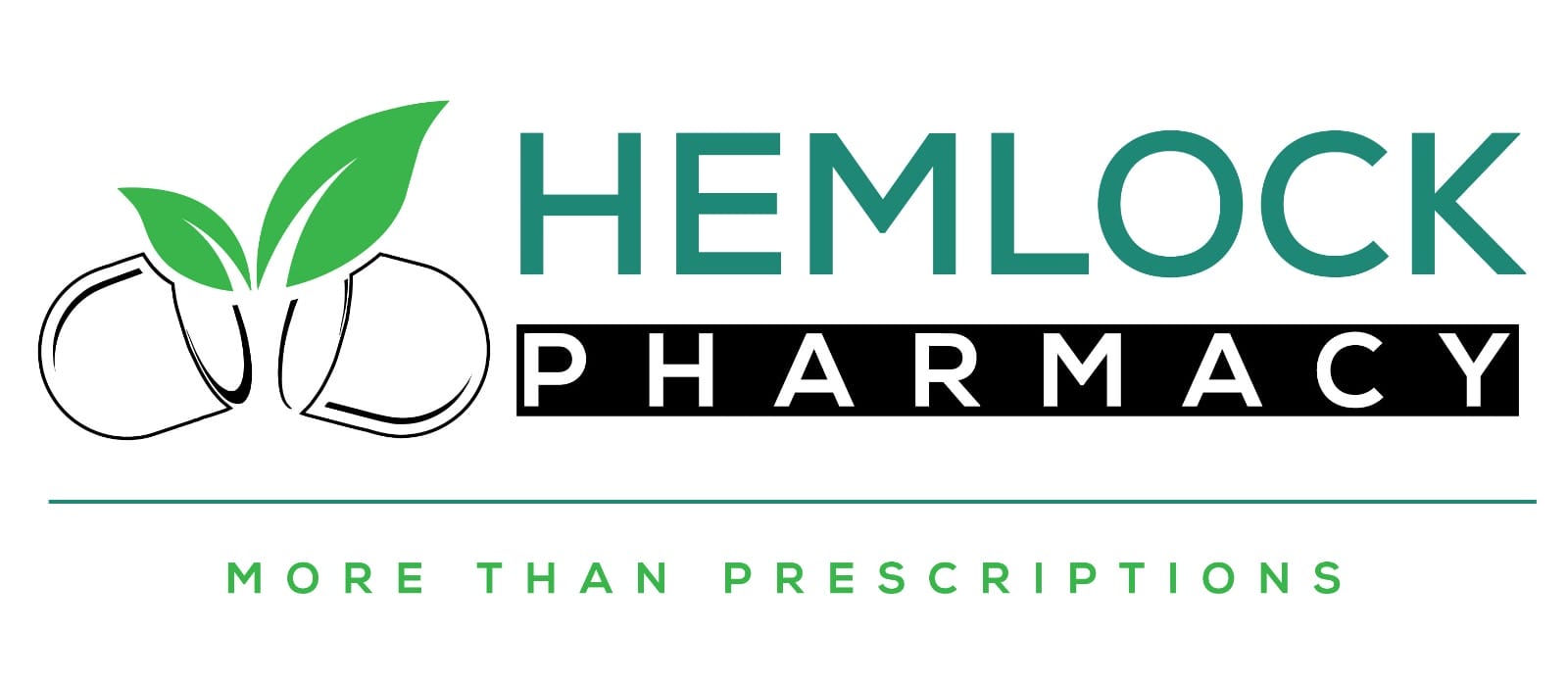Understanding Cardiovascular Disease: A Comprehensive Overview
Cardiovascular disease (CVD) remains one of the most significant health challenges worldwide, claiming millions of lives each year. It encompasses a range of conditions affecting the heart and blood vessels, with coronary artery disease, heart failure, and stroke being some of the most prevalent forms. Despite advancements in medical science, CVD continues to be a major public health concern, necessitating increased awareness and proactive measures for prevention and management.
The Heart: A Marvel of Biology
The human heart is a remarkable organ, tirelessly pumping blood throughout the body, supplying oxygen and nutrients, and removing waste products. However, like any complex system, it is susceptible to dysfunction. The primary role of the heart’s coronary arteries is to supply blood to the heart muscle itself, ensuring it remains oxygenated and healthy. When these arteries become narrowed or blocked due to the buildup of fatty deposits (atherosclerosis), it can lead to coronary artery disease, the most common type of CVD.
Risk Factors: The Usual Suspects
Several risk factors contribute to the development of cardiovascular disease. Some of these, such as age, gender, and family history, are non-modifiable. However, many risk factors are lifestyle-related and therefore modifiable, including:
- Smoking: One of the most significant risk factors for CVD, smoking damages the lining of the arteries, leading to atherosclerosis.
- Poor Diet: Diets high in saturated fats, trans fats, and cholesterol can contribute to plaque buildup in the arteries.
- Lack of Exercise: Physical inactivity is linked to a higher risk of heart disease and stroke.
- Obesity: Excess body weight can strain the heart and lead to conditions such as hypertension and diabetes.
- High Blood Pressure: Hypertension forces the heart to work harder, weakening it over time.
- Diabetes: High blood sugar levels can damage blood vessels and the nerves that control the heart.
Symptoms: The Silent and the Obvious
Cardiovascular disease can manifest in various ways, some more noticeable than others. Common symptoms include:
- Chest Pain: Often described as a feeling of pressure or tightness, chest pain can indicate angina or a heart attack.
- Shortness of Breath: Difficulty breathing can be a sign of heart failure.
- Palpitations: Irregular or rapid heartbeats can indicate arrhythmias.
- Fatigue: Persistent tiredness can be a sign of heart failure.
- Swelling: Fluid retention in the legs, ankles, or abdomen can indicate heart failure.
Prevention: Steps Toward a Healthy Heart
Preventing cardiovascular disease involves addressing modifiable risk factors through lifestyle changes and medical interventions. Key strategies include:
- Quitting Smoking: Eliminating tobacco use can significantly reduce the risk of CVD.
- Healthy Eating: A balanced diet rich in fruits, vegetables, whole grains, and lean proteins can promote heart health.
- Regular Exercise: Engaging in at least 150 minutes of moderate-intensity exercise each week can improve cardiovascular fitness.
- Weight Management: Maintaining a healthy weight can reduce the strain on the heart.
- Managing Blood Pressure and Diabetes: Regular monitoring and medication adherence are crucial for individuals with hypertension or diabetes.
- Stress Management: Reducing stress through activities such as yoga, meditation, and mindfulness can benefit heart health.
Treatment: From Medication to Surgery
For those diagnosed with cardiovascular disease, various treatment options are available, ranging from lifestyle modifications and medications to surgical interventions. Common treatments include:
- Medications: Blood thinners, cholesterol-lowering drugs, and antihypertensives can help manage CVD.
- Angioplasty: A procedure to open narrowed or blocked coronary arteries.
- Coronary Artery Bypass Grafting (CABG): A surgical procedure to restore blood flow to the heart.
- Implantable Devices: Pacemakers and defibrillators can help regulate heart rhythms.
- Lifestyle Changes: Continued emphasis on a heart-healthy lifestyle is crucial for managing CVD and preventing further complications.
The Future of Cardiovascular Health
Advancements in medical research and technology offer hope for the future of cardiovascular health. Innovations in diagnostic tools, personalized medicine, and minimally invasive procedures are paving the way for more effective prevention, diagnosis, and treatment of CVD. However, public awareness and education remain essential components in the fight against cardiovascular disease.



